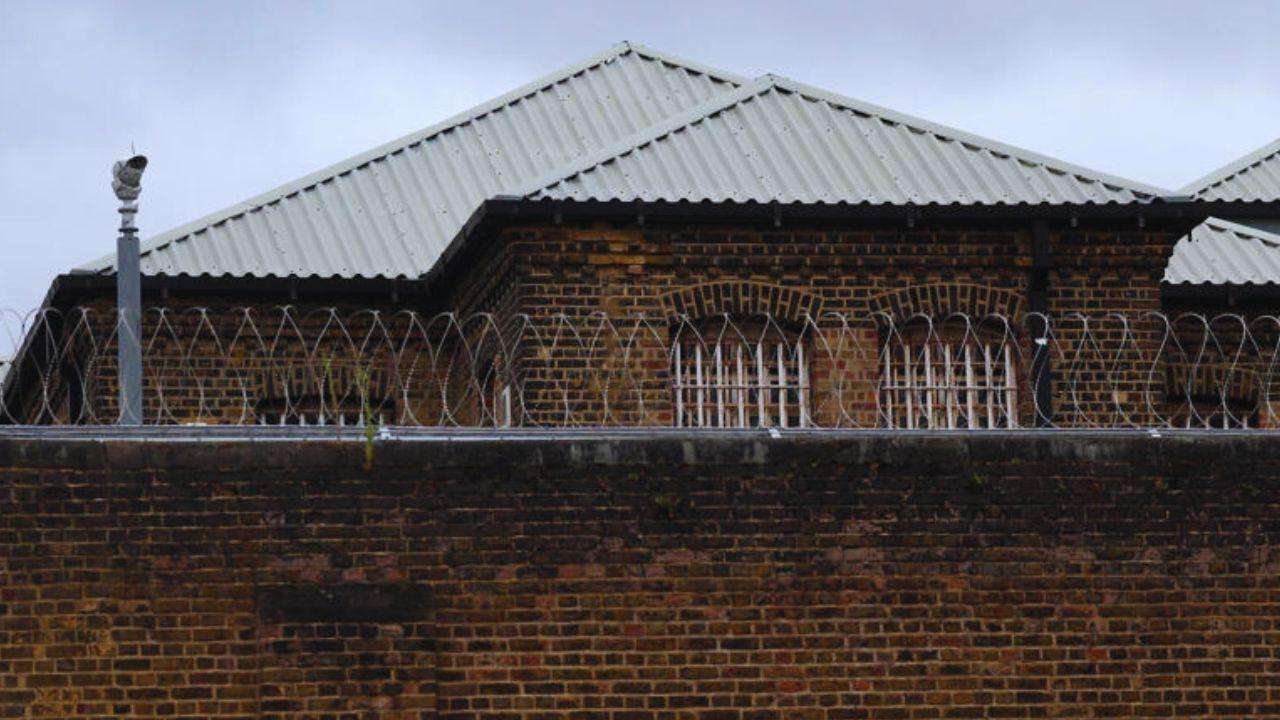Barristers have advised the government that instead of overcrowding jails, conditions akin to Covid lockdowns should be applied to criminals.
The Bar Council formally submitted a request for consideration of more "creative use of punishment" to an ongoing sentencing inquiry headed by former Conservative justice secretary David Gauke. The organization, which advocates for barristers in England and Wales, has proposed "part-time prisons" to aid inmates' reintegration into society and improved home detention policies for non-violent offenders.
A document submitted to the review states that there are several advantages to using 20-hour curfews more frequently as a direct substitute for custody. "It's possible that as a form of punishment, restrictions akin to those implemented during the lockdowns related to COVID-19 could be implemented."
The Bar Council said that laws already existed to ban offenders from pubs, sports grounds and social events, which could “constitute a significant deprivation of liberty” without putting them in jail.
It also urged the government to look for inspiration to Sweden, where inmates can be released for set periods between several hours and several days to visit family, complete education courses and look for work.
The body said a form of part-time prison could be designed for low-risk offenders who have not committed violent crimes, allowing them to work, train and maintain family ties while preparing them for release.
The Bar Council is one of numerous groups submitting ideas and evidence to Gauke’s review of sentencing policy, which was launched in October and is expected to conclude later this year. It follows a prison population crisis which caused the Tories to start early release schemes and emergency capacity measures, including using police cells to hold inmates.
Labour launched a new early release programme after the general election and has been accelerating transfers into open prisons to ease pressure on secure jails, while continuing projects to build new prisons.
But a critical National Audit Office report released last month said that even if construction targets are hit, the plans are “insufficient to meet projected future demand”, and a shortage of 12,400 prison places is predicted by the end of 2027.
The watchdog attributed the crisis to “previous governments’ failure to ensure the number of prison places was aligned with criminal justice policies”, such as lengthening sentences for numerous crimes and recruiting thousands of police officers.
Michelle Heeley KC, who led the working group that drew up the Bar Council’s sentencing proposals, said the current system was “not working”.
“The number of people in prison has constantly risen but the crime rate hasn’t reduced and reoffending has increased. Sending people to prison for longer is not having the deterrent effect people thought it would,” she told the Observer.
“The reality is that the government is running out of prison places, and if you want to restrict people’s liberty and punish them, you’ve got to get more creative.”
When launching the sentencing review, the Ministry of Justice said the prison population in England and Wales had doubled over the last 30 years, creating the highest incarceration rate of any western European country. In late 2023, the Conservatives launched a new sentencing bill that would have created a “presumption” against sentences of under a year in most cases. But it failed to become law because the election was called early.
Separate proposals to end short prison sentences had been put forward by Gauke in 2019 but were scrapped after Boris Johnson became prime minister and sacked him from government.
Heeley said that while prison “will always have a place” for dangerous offenders, that more needed to be done through education and therapy to stop people being drawn into crime, adding: “It’s about getting the balance between punishment and rehabilitation.”
A Ministry of Justice spokesperson said: “The Lord Chancellor launched the Independent Sentencing Review to create a more effective criminal justice system and ensure that no government is ever forced to release prisoners early again.
“The review, which is led by former Lord Chancellor David Gauke, has completed a call for evidence and will report on their findings in the spring.”




_3.jpg)



.svg)





_2.jpg)